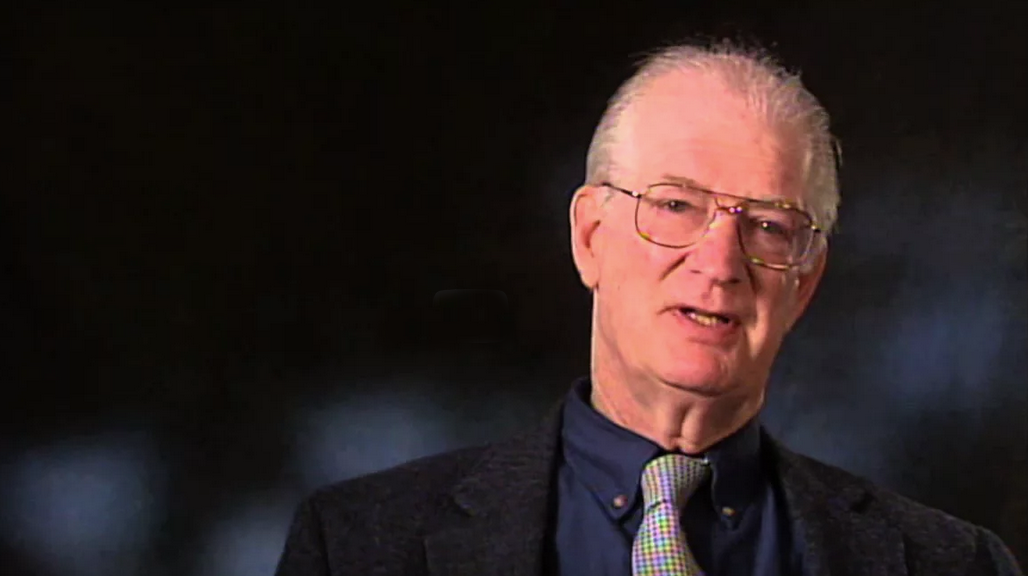Herman Daly from Tree TV interview on the economy and the environment.
By Jim Babcock, November 25, 2022
It is little wonder that Herman Daly’s recent death, on October 28, 2022, passed with little fanfare from the nation’s mass media, for he was a pioneer of “ecological economics” with principles that counter the mainstream economic paradigm of constant growth.
Daly was a promoter of the idea of a “steady-state economy,” which explained that infinite growth is not possible in a world of finite resources. Starting with his textbooks written in the 1970s, Daly taught that rather than being one of several factors in our economies (along with labor and capital), the natural world, with its complex systems and vast resources, is actually the foundation upon which our human-developed systems rest. And therefore, economics must be governed by the laws of nature and the biophysical limits of natural systems such as the climate system, biodiversity principles, and others.
Steady-staters say that rather than using Gross Domestic Product (GDP) as a measure of economic success, a National Index of Happiness (NIH) or Satisfaction Index should be used. For one thing, GDP cannot grow forever—it is ultimately constrained by finite natural resources and by boundaries of specific planetary systems. In our race to increase GDP, some of those boundaries have already been breached. And secondly, GDP numbers are increased by negative activities such as weapons of war production, the building of prisons, and the recovery costs from climate disasters like floods, hurricanes, and wildfires.
Research has shown that an increase in per-capita GDP results in higher satisfaction only up to a point where the happiness index levels off and actually begins to drop. This indicates that people in wealthy countries understand, if unconsciously, when they have “enough” material goods. Steady-staters say the goal of economic activity, especially in rich “developed” countries, should not be the increase in material production but rather the wellbeing of people’s lives.
This Ted Talk, “The economics of enough” (above) by Dan O’Neill, a protégé of Daly’s, gives some examples of policies that would help move us away from the current paradigm: 1) A reduction in work hours, paid for by the increases in productivity we are experiencing, would remove the strain of excessive work time; 2) Maximum incomes, in addition to basic minimum incomes, would help reduce inequality; and 3) Reform of the financial system to allow loans only from actual deposits would help stop the spiraling increase in indebtedness.
Herman Daly’s proposed policies may seem radical at first, but he was, in fact, an economist in the Environment Department of the World Bank during the 90s, and he freely admits that “these measures are based on the impeccably conservative institutions of private property and decentralized market allocation.” So whether steady-state principles are a final, permanent solution to global overproduction, poverty, and dissatisfaction, is an open question.
For Additional Learning:
Herman Daly’s book, “Beyond Growth” (1996), is a good summary of ecological economics that was written for the general public.
“Small is Beautiful” (1973), E.F. Schumacher
“Enough is Enough” (2013), Dietz & O’Neill
And a good website for current commentary: Center for the Advancement of the Steady State Economy (CASSE)

